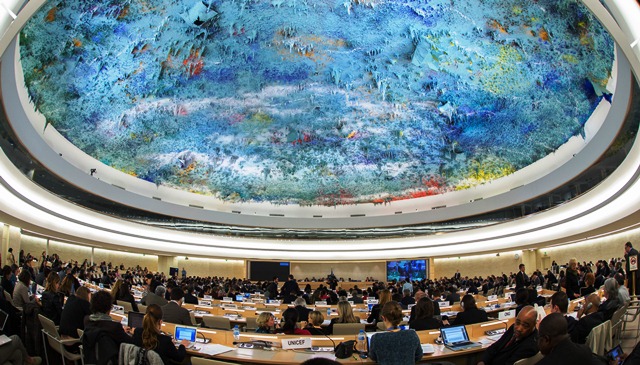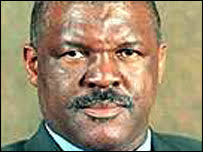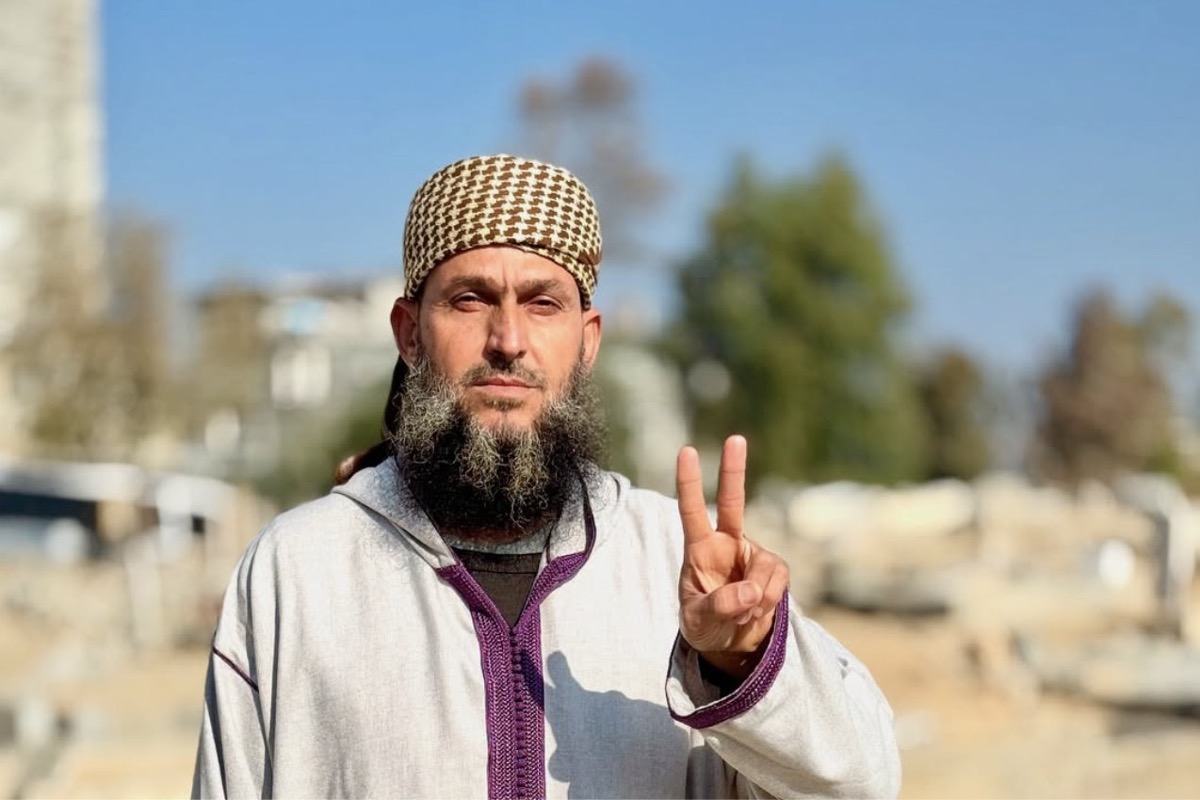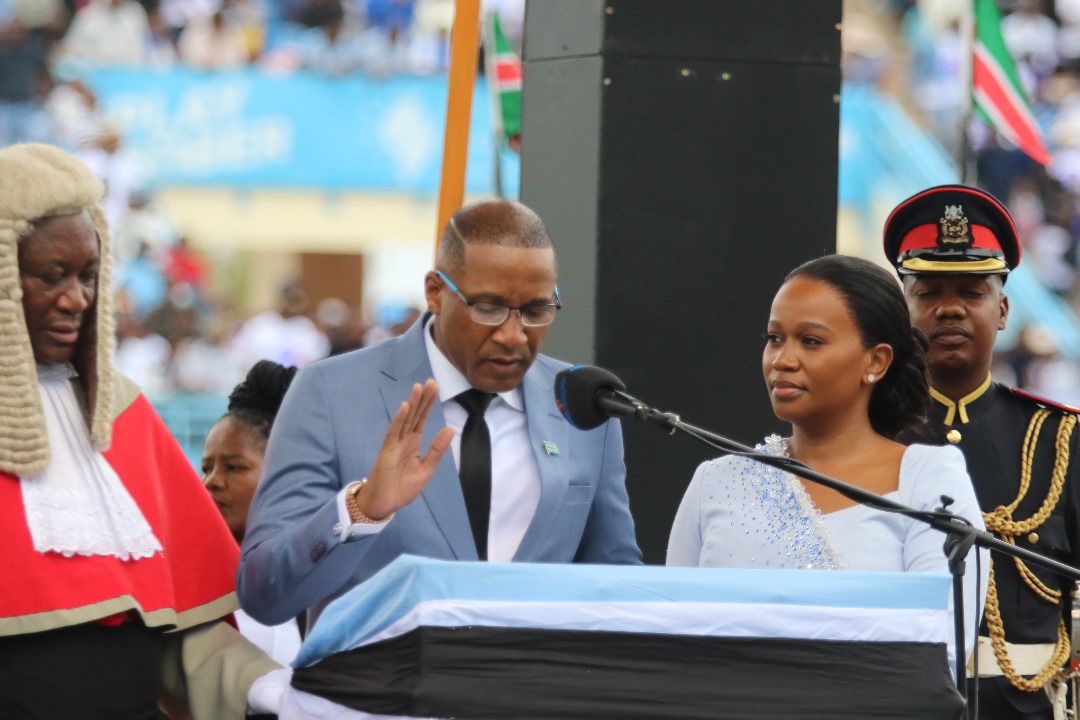
Human Rights Council 25th Session
GABORONE (15 July 2022) – Botswana has made improvements on preventing and ending arbitrary deprivation of liberty, but significant challenges remain in further developing and implementing a legal framework, the UN Working Group on Arbitrary Detention said at the end of a visit to the country.
“We commend Botswana for its openness in inviting the Working Group to conduct this visit which is the first visit of the Working Group to the Southern African region in over a decade.
“This is a further extension of the commitment to uphold international human rights obligations undertaken by Botswana through its ratification of international human rights treaties”, the experts said in a statement at the end of the visit.

The Working Group welcomed amendments to the Ombudsman’s Act to expand the mandate of the Office to include a wider human rights remit and the commitment of required financial resources.
The experts urged the Government to operationalise the Act without further delay.
The experts observed that most of those subject to criminal proceedings were not represented by a lawyer and legal aid was generally available only in civil matters and for those facing capital punishment.
“Lawyers are excluded from investigative interviews. This is a significant impediment to protecting the freedom from arbitrary detention.
“The role of lawyers in safeguarding against instances of arbitrary detention needs to be entrenched in law and in practice in Botswana,” the experts said.
To further its efforts to divert boys and girls from the criminal justice system, the experts also urged the Government to effectively employ measures of dispositions including counseling, education and vocational training and other alternatives to institutional care.
The Working Group expressed serious concern over Botswana’s policy to automatically detain irregular migrants, often indefinitely and in dire conditions.
“Detention in the course of migration must be an exception and is only permissible for the shortest period of time, following an individualised assessment of the need to detain,” the experts said.
They called upon the Government to provide durable, human rights-based solutions for all migrants in Botswana.
The Working Group also urged the Government of Botswana to accelerate its efforts to pass the Mental Health Bill.
“The Mental Disorder Act of 1971 which lacks robust safeguards against arbitrary detention, must be amended to reflect especially article 9 of the International Covenant on Civil and Political Rights and article 14 of the Convention on the Rights of Persons with Disabilities,” the experts said.
“It is essential that appropriate community-based services are made available to people with psycho-social disabilities, including those who committed crimes.”
The Working Group noted that corporal punishment is a recognised form of punishment under Botswana’s Penal Code and urged the Government to reconsider the continued existence and application of this form of punishment.
“Corporal punishment is reminiscent of legalised torture,” the experts said.
The Working Group also called for the imposition of a moratorium on the death penalty in Botswana, with a view to its abolishment.
During the visit, from 4 to 15 July, the delegation – Elina Steinerte and Mumba Malila – met Government officials, lawyers, civil society representatives and other stakeholders.
They visited 19 places of detention, interviewing over 100 people deprived of their liberty.
A final report on the visit will be presented to the Human Rights Council in September 2023.
The Working Group on Arbitrary Detention was established by the former Commission on Human Rights in 1991 to investigate instances of alleged arbitrary deprivation of liberty. Its mandate was clarified and extended by the Commission to cover the issue of administrative custody of asylum-seekers and immigrants. In September 2019, the Human Rights Council confirmed the scope of the Working Group’s mandate and extended it for a further three-year period. The Working Group is comprised of five independent expert members from various regions of the world: Ms. Miriam Estrada-Castillo (Ecuador; Chair-Rapporteur); Mr. Mumba Malila (Zambia; Vice-Chair); Ms. Elina Steinerte (Latvia); Ms. Priya Gopalan (Malaysia) and Mr. Matthew Gillett (New Zealand).
Database of the Working Group on Arbitrary Detention.
The Working Group is part of what is known as the Special Procedures of the Human Rights Council. Special Procedures, the largest body of independent experts in the UN Human Rights system, is the general name of the Council’s independent fact-finding and monitoring mechanisms that address either specific country situations or thematic issues in all parts of the world. Special Procedures’ experts work on a voluntary basis; they are not UN staff and do not receive a salary for their work. They are independent from any government or organization and serve in their individual capacity.
UN Human Rights, Country Page — Botswana
For press inquiries, contact Ms. Lucie Viersma (lucie.viersma@un.org); Ms. Loana Benjamin (loana.benjamin@un.org) or write to hrc-wg-ad@un.org.
For media inquiries related to other UN independent experts please contact:
Renato de Souza (renato.rosariodesouza@un.org) or Dharisha Indraguptha (dharisha.indraguptha@un.org)
Follow news related to the UN’s independent human rights experts on Twitter @UN_SPExperts.
Concerned about the world we live in?
Then STAND UP for someone’s rights today.
#Standup4humanrights and visit the web page athttp://www.standup4humanrights.org









